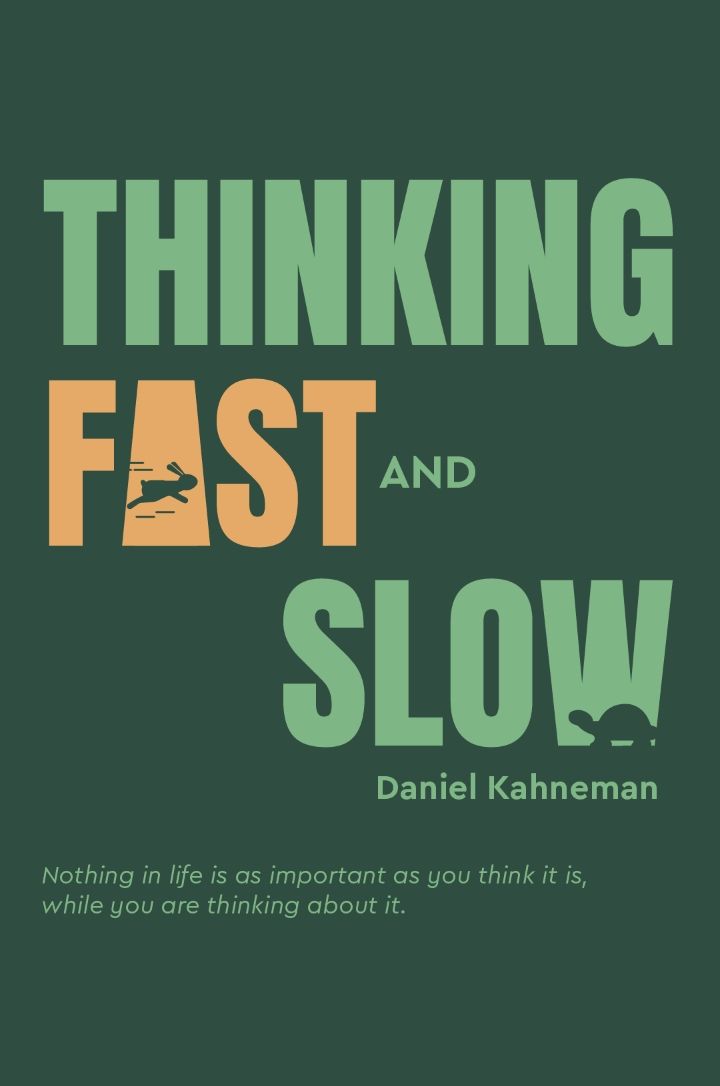Audio available in app
Emotions can influence behavior and decisionmaking from "summary" of Emotional Intelligence by Peter Salovey,Marc A. Brackett,John D. Mayer
Emotions play a significant role in shaping our behavior and decision-making processes. When we experience strong emotions, such as anger or fear, our actions and choices can be greatly influenced by these feelings. For example, when someone is feeling angry, they may be more likely to act impulsively or aggressively in a given situation. On the other hand, if someone is feeling fearful, they may be more inclined to avoid taking risks or making decisions that could potentially lead to negative outcomes. Our emotions can also impact the way we perceive and interpret information. When we are in a positive emotional state, we are more likely to see things in a positive light and make decisions based on optimism and hope. Conversely, when we are feeling negative emotions, such as sadness or anxiety, our judgment may be clouded, and we may struggle to make rational choices. Furthermore, our emotions can influence our ability to regulate our behavior and control our impulses. When we are feeling overwhelmed by emotions, it can be challenging to think clearly and make decisions that align with our long-term goals and values. This lack of emotional regulation can lead to impulsive actions or decisions that we may later regret.- Emotions can serve as powerful drivers of our behavior and decision-making processes. By becoming more aware of our emotions and learning how to manage them effectively, we can improve our ability to make informed choices and act in ways that are in line with our values and goals. Developing emotional intelligence can help us navigate the complexities of our emotions and use them as valuable sources of information to guide our actions and decisions.
Similar Posts

Respect others to earn respect in return
To gain respect from others, one must first show respect towards them. It is a simple principle that is often overlooked in the...
Understanding is contextual
Understanding is contextual. This means that our comprehension of a particular concept or idea depends on the context in which ...
They don't let a bad day dictate their mood
Maintaining a positive attitude when faced with a bad day is a key trait of mentally strong individuals. They understand that a...
The concept of liking can be used to establish rapport with others
Establishing rapport with others is crucial in both professional and personal settings. One effective way to do this is by util...

Free speech enables progress and innovation
The ability to freely express ideas and opinions is crucial for progress and innovation. When individuals are able to share the...
Procrastination can be overcome with willpower
One common belief about procrastination is that it can be overcome with willpower. People often think that if they just had mor...
Inteligencia emocional es habilidad que se puede desarrollar
The concept of emotional intelligence as a skill that can be developed is a fundamental principle in understanding and improvin...
Risk and return go hand in hand
When it comes to investing, one of the fundamental principles that everyone should understand is that risk and return are close...

Thinking in scenarios can help make better decisions
Thinking in scenarios involves considering various possible outcomes and their likelihood before making a decision. This method...
Resistance blocks the flow of abundance
Resistance is like a dam that blocks the flow of abundance into your life. When you resist the natural flow of well-being that ...

